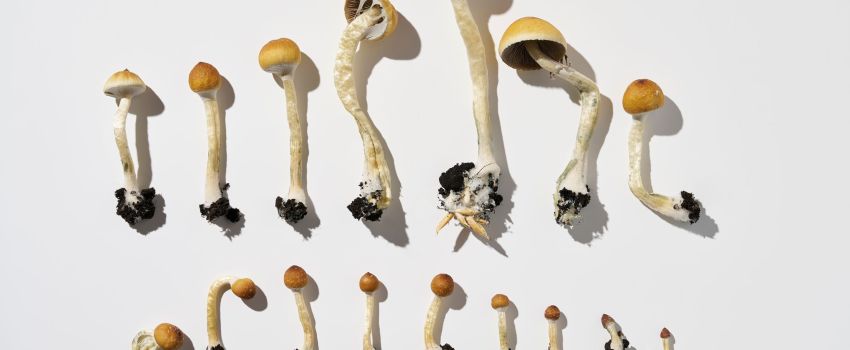Psychoage: Does What You Think Determine How You Age?
I recently found a comment in an online forum discussing retiring in Italy. The question was simple: “What is the healthcare system like in Italy for expatriates? As I get older and need care, will the health system be able to provide for me?”
This question struck me because it touched on something more profound—how we think about ageing and the emerging research around psycho-ageing—the concept that how you think about ageing might shape how you age.
How Can That Be?
Let’s explore two scenarios:
- Person one believes they will remain active and healthy, travelling the world well into their 90s.
- Person two believes they will need intensive care in an aged care facility, battling chronic diseases, and for their final years.
Where are these two people heading?
Of course, unexpected events happen—accidents, illnesses, things we can’t control. But the question here is how our mindset might impact our health outcomes. I would put money on it: person one is more likely to become active and healthy into their grand years, and person two is more likely to be stuck with nursing home food!
How Psychoaging Shapes Your Future
Emerging scientific research supports how we view aging, which can influence our physical reality. Studies show how young we feel and how we label ourselves can significantly affect our health outcomes. In fact, over the past two decades, a substantial amount of experimental and longitudinal research has consistently shown that our perceptions of aging can shape our behaviour, paving the way for better health outcomes. This body of evidence strongly supports the link between how we view aging and its impact on our well-being.
This concept is reinforced by Dan Buettner’s landmark study of Blue Zones, areas where people live exceptionally long, healthy lives.
In these communities, it wasn’t just diet and exercise that kept people thriving into their 100s. It was also a shared sense of purpose. The elderly weren’t sidelined; they were active, engaged members of society. In these cultures, ageing didn’t come with a sense of decline; it came with a role, value, and connection. (If you have not read Dan Buettner’s The Blue Zones Secrets for Living Longer, do!)
What About the Role of Psychedelics in Ageing?
The conversation around psycho-aging is evolving, and one of the most fascinating emerging areas of research is the role of psychedelics in longevity. Yep, you heard that right — psychedelics. The annual Wonderland Conference explores how substances like psilocybin (the active compound in “magic mushrooms”) could potentially alter the way we age.
How Could Psychedelics Change Your Path?
It’s still in the early days, but here are some intriguing possibilities.
Psychedelics are already being researched for their ability to treat mental health conditions like anxiety and depression.
There’s growing evidence that certain mushrooms, like lion’s mane, reishi, and cordyceps, improve neuroplasticity (the brain’s ability to form and reorganise synaptic connections).
Mushrooms may have anti-inflammatory properties, potentially impacting your mind and physical health.
Beyond that, psychedelics could help you reframe how you think about your habits, effectively resetting your purpose.
Imagine you gain new insight into old, unhelpful habits that no longer serve you (like that processed food you know isn’t doing you any favours but still indulge in). Shifting your mindset could help you stick to healthy behaviours that promote long-term wellness more quickly. This is all up for debate at present, but there is growing enthusiasm for exploring the role of psychedelics in positively impacting longevity.
It’s All About Purpose
The broader lesson here is about introspection and purpose. No matter your age, psychedelics or no psychedelics, ask yourself: What do I want to learn? Who do I want to spend my time with? What do I want my life to be about?
The concept is straightforward: we can live longer, healthier lives if we reframe ageing as a chance for growth, purpose, and connection rather than an inevitable decline.
So, what’s your psycho-age? Are you ready to reshape how you think about the future? Because, as science is beginning to show, your thoughts might be the key to unlocking a healthier, more vibrant aging process.

